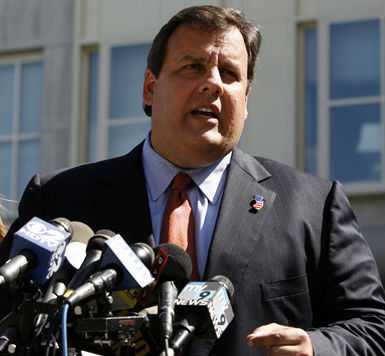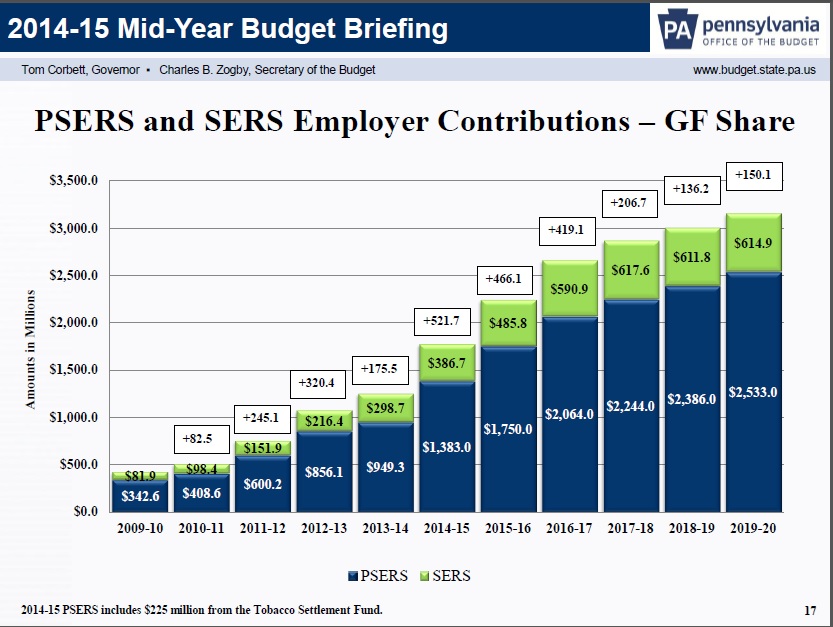 Illinois has been in a state of pension limbo since July, when a state Supreme Court ruling on healthcare premiums hinted that the state’s pension reform law would be struck down by the courts.
Illinois has been in a state of pension limbo since July, when a state Supreme Court ruling on healthcare premiums hinted that the state’s pension reform law would be struck down by the courts.
Now, bond buyers are watching closely how the Supreme Court rules on the state’s pension reform law – but until then, investors are marred in “uncertainty” and are calling Illinois a “problem state”.
From The Street:
Municipal debt investors are watching the appeals process that will decide whether or not the State of Illinois’ pension reform bill ends up in the wastebasket, which would send the Land of Lincoln back to square one in its attempts to battle its pension funding crisis.
“There’s so much uncertainty there,” Daniel Solender, the lead portfolio manager for municipal bonds at investment manager Lord Abbett & Co., said by phone Wednesday. “It’s hard to know what the right valuation is [for the state’s bonds].”
So far, investors are waiting and watching. Solender noted that there hasn’t been much trading in Illinois’ bonds in response to a Nov. 21 Circuit Court decision that said the reform bill was unconstitutional. If the Illinois Supreme Court upholds that decision, Solender expects a negative effect on the state’s bond values.
“For investors to get comfortable, there has to be some idea of a plan [for pension reform], and there doesn’t seem to be one [now],” he said.
Still, he is confident that Illinois has time to work out its pension issues one way or another.
Solender and other sources are looking optimistically to Governor-elect Bruce Rauner, a Republican, to address the issue. Rauner will replace Pat Quinn, a Democrat, on Jan. 12.
Illinois’ unfunded pension liability has ballooned to $111.2 billion, according to a November report by the Illinois Commission on Government Forecasting and Accountability. The Teachers’ Retirement System accounts for about half of that at $61.6 billion, the report said.
A June 24 report by Standard & Poor’s revealed that Illinois has, by far, the lowest level of pension funding in the country at 40.4% funded, followed by Connecticut (49.1%).
As part of a Dec. 1 panel in New York City that discussed municipal debt restructuring, William A. Brandt Jr., president and CEO of Development Specialists Inc., said that Illinois holds 43% of the public pensions in the U.S. According to Brandt, who is also the chair of the Illinois Finance Authority, those amount to some 652 public pensions.
“Illinois is your problem state,” he warned.
Moody’s gives Illinois’ credit an A3 rating – the lowest of any state.








